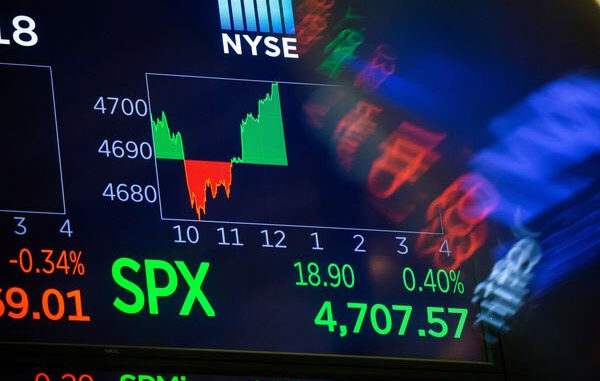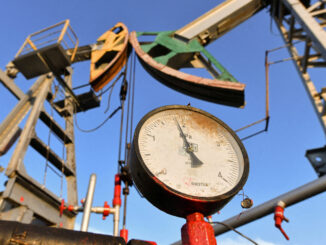
Oil has continued its decline, settling below $80 on Wednesday, at prices not seen since last January. Analysts point to weak demand, amid fears of a global economic slowdown, or even recession.
European benchmark Brent crude was trading at $79.86 as of 14:40 GMT Wednesday. US benchmark West Texas Intermediate fell to $74.56.
Experts are noting that European sanctions just imposed on Russian seaborne crude have had little to no effect on the market. Meanwhile the effects of the global economic slowdown, which was triggered by the energy crisis, as well as an increasing number of predictions of a coming global recession, have hammered prices.
Combined, those factors have wiped out the gains oil has seen this year, when prices rose above $120 per barrel in the spring, following Russia’s military action in Ukraine. The spread between the highest and the lowest contract prices was reportedly $62 this year, marking the biggest recorded price swing since the 2008 financial meltdown.
Ed Moya, senior market analyst at OANDA, noted, “The crude demand outlook is getting crushed as we are in a slowdown basically across all the major economies. Supplies seem plentiful over the near-term and that has everyone hesitating on what was one of the easiest trades of the year.”
Other experts however feel the market is acting as if it is blind to threats to supply, such as the EU cap on Russian crude shipments, which could provoke an outright cessation of flows. Regardless, for now, oil’s price appears on the way down.
Eli Tesfaye, senior market strategist at RJO Futures, said in an interview, “We could be looking at $60-a-barrel WTI the way that things are going. I think $80s are going to be the new high, and I would be very surprised to see any higher than that.”
The Daily Financial Trends



